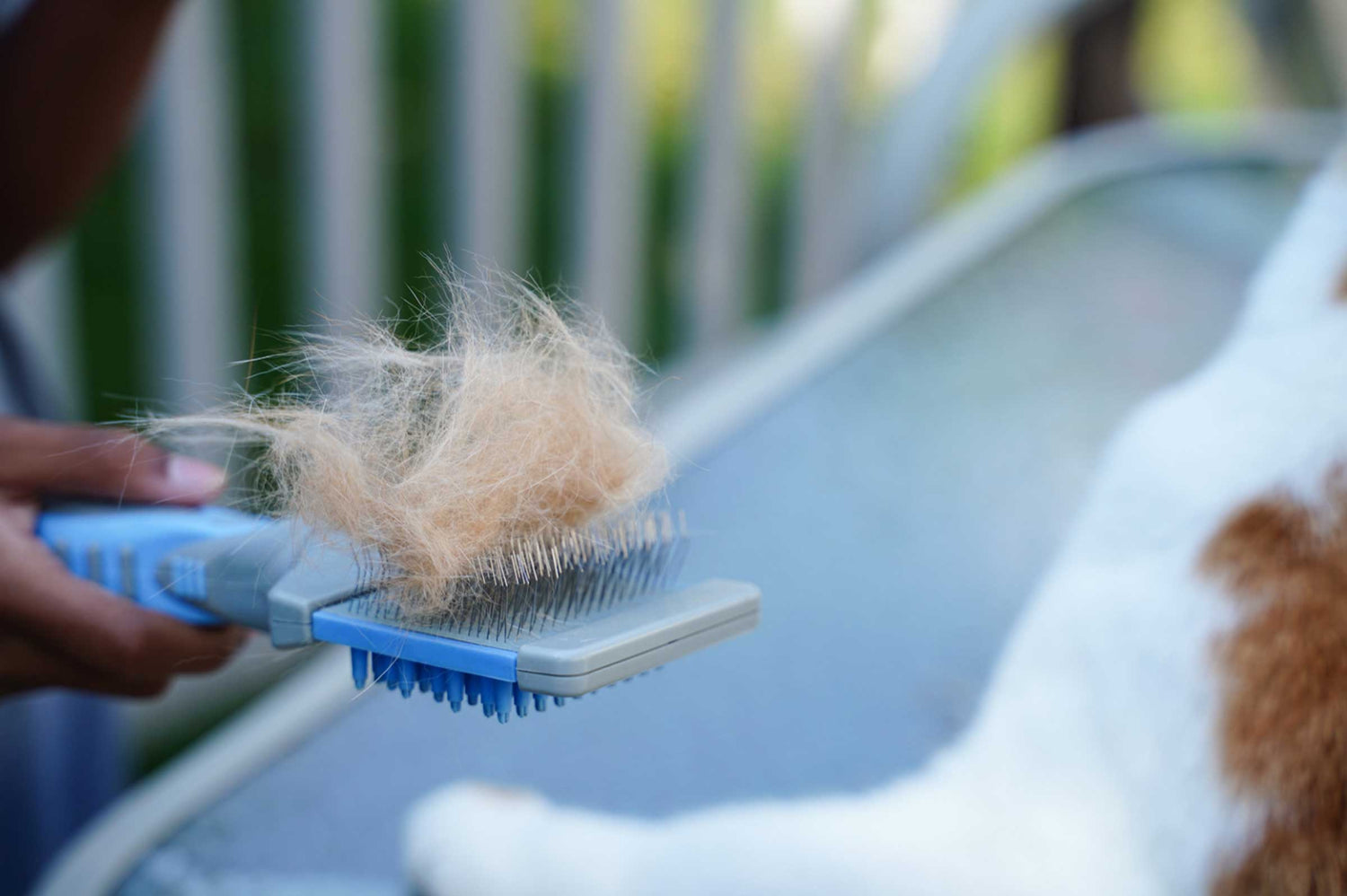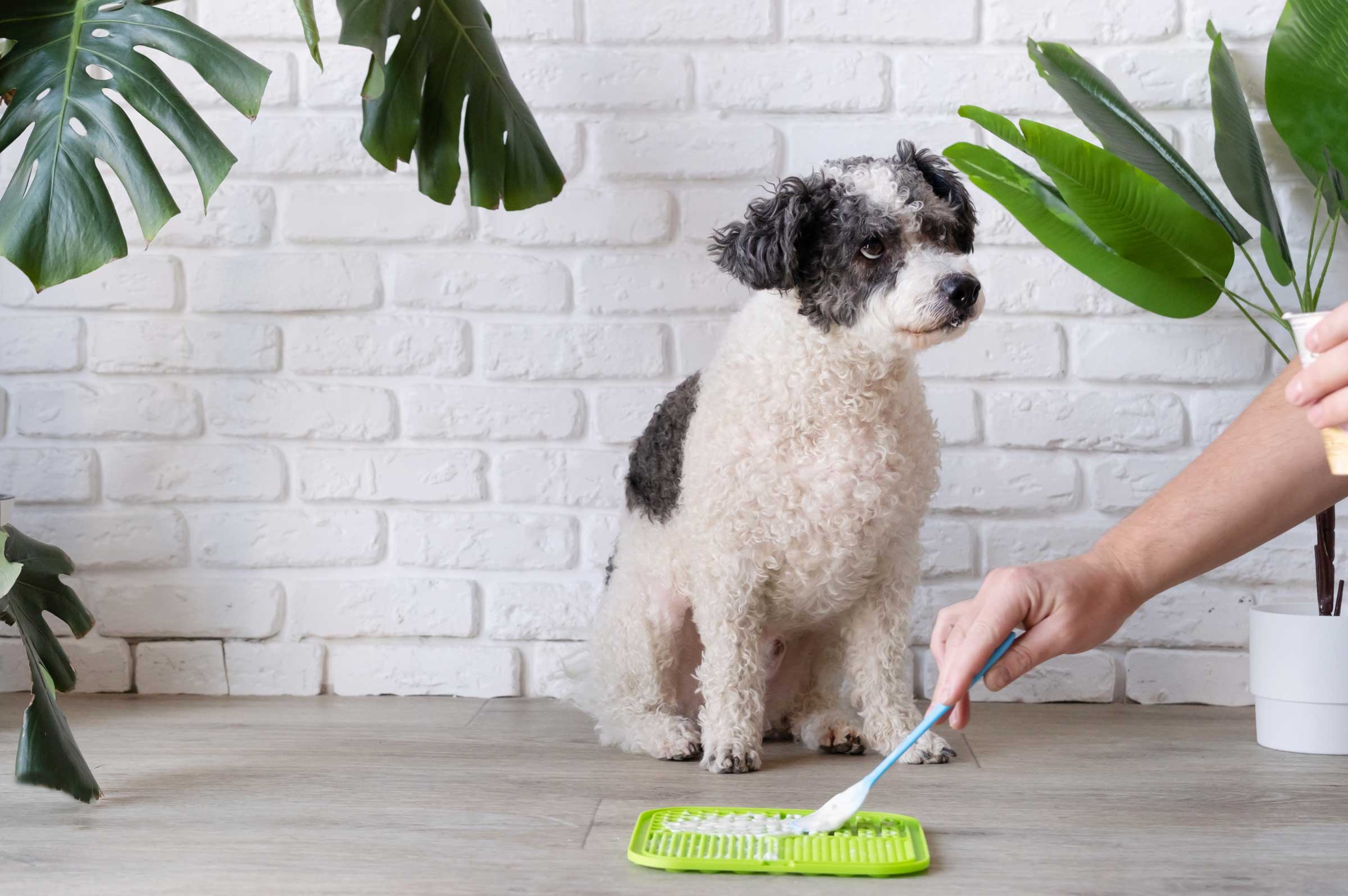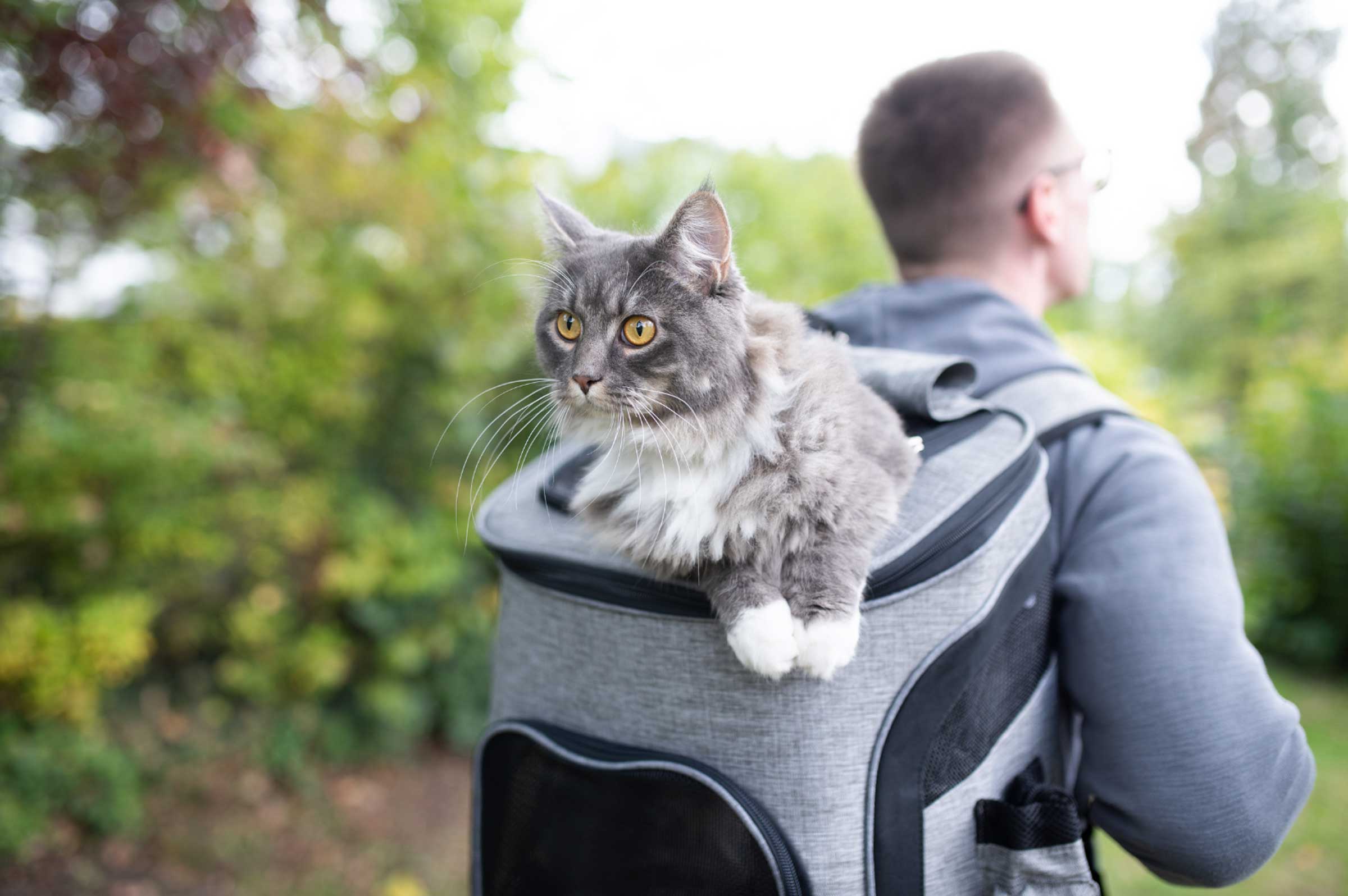Hairballs are a common issue that many cat owners encounter, often leading to concerns about their feline friend's health. Understanding the causes, symptoms, and treatments for hairballs is essential for maintaining your cat's well-being. This comprehensive guide will help you recognize the signs of hairballs in cats and explore effective methods to treat and prevent them, ensuring your pet stays happy and healthy.
While hairballs are a natural result of your cat's grooming habits, excessive or frequent hairballs can indicate underlying health issues. By being informed about the nature of hairballs and the best practices for managing them, you can take proactive steps to support your cat's digestive health and overall comfort.
Understanding What Hairballs Are
Hairballs, scientifically known as trichobezoars, are clumps of undigested hair that accumulate in a cat's stomach. Cats are meticulous groomers, and during this process, tiny hook-like structures on their tongue catch loose and dead hair, which is then swallowed. Most of this hair passes through the digestive tract without problems, but some can remain in the stomach and form a hairball.
These hairballs are usually vomited up, which can be distressing for both the cat and the owner. While occasional hairballs are normal, frequent hairball issues may point to excessive grooming or digestive problems. Understanding the nature of hairballs helps in identifying when they become a cause for concern.
Recognizing the Symptoms of Hairballs
Not all hairballs are visibly expelled, so it's important to recognize other signs that your cat may be struggling with them. Common symptoms include gagging, retching, or vomiting without producing a hairball. Your cat may also experience constipation or diarrhea due to blockages in the digestive tract caused by hair accumulation.
Additionally, loss of appetite or lethargy can indicate that a hairball is causing discomfort or obstruction. If you notice these symptoms persisting, it's advisable to consult your veterinarian, as severe blockages can be life-threatening and may require medical intervention.
Effective Treatments for Hairballs
There are several methods to treat hairballs and ease your cat's discomfort. One approach is the use of hairball remedies, such as lubricants or mild laxatives specifically designed for cats. Research shows that psyllium husks, usually used for constipation, have a positive impact on hairball prevention. These products help the hair pass through the digestive system more easily, reducing the formation of hairballs. Be sure to use products specifically designed for use by cats.
Dietary changes can also be beneficial. Feeding your cat specialized hairball control food high in fiber can promote healthy digestion and facilitate the passage of ingested hair. Always introduce new foods gradually and consult your veterinarian to ensure the diet meets your cat's nutritional needs.
Preventing Hairballs Through Regular Grooming
Regular grooming is one of the most effective ways to prevent hairballs. By brushing your cat frequently, you remove loose hair before it can be ingested during self-grooming. This is especially important for long-haired breeds, which are more prone to hairball formation due to their abundant fur.
Making grooming a positive experience can enhance the bond between you and your cat while also contributing to their health. Using the appropriate grooming tools and techniques can make the process more comfortable for your pet and more effective in reducing hair ingestion.
Supporting Digestive Health with Supplements
Supplements can play a significant role in promoting your cat's digestive health and reducing hairballs. Products containing natural ingredients like omega fatty acids support a healthy coat, minimizing shedding and hair ingestion. Additionally, supplements with digestive enzymes can aid in breaking down ingested hair, facilitating its passage through the gastrointestinal tract.
It's important to choose high-quality supplements formulated specifically for cats to ensure safety and effectiveness. Consulting with your veterinarian can help you select the best products to support your cat's individual health needs.
Conclusion
Hairballs may be a common issue, but they don't have to be a persistent problem for your cat. By understanding the causes and symptoms, and by implementing effective treatments and preventive measures, you can greatly reduce the occurrence of hairballs. Regular grooming, dietary adjustments, and supportive supplements all contribute to your cat's digestive health and overall well-being.
Take proactive steps today to support your cat's health by incorporating VetSmart Formulas supplements into their routine. These veterinarian-formulated products are designed to promote a healthy digestive system and reduce hairball formation. Give your feline friend the comfort they deserve and enjoy peace of mind knowing you're providing the best care possible.











